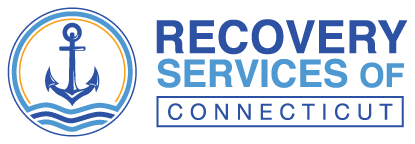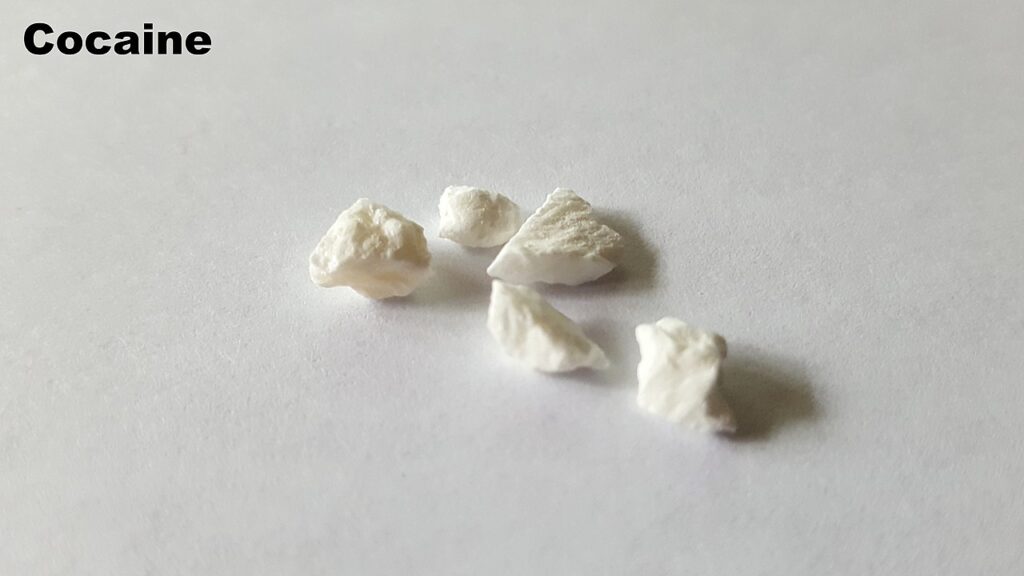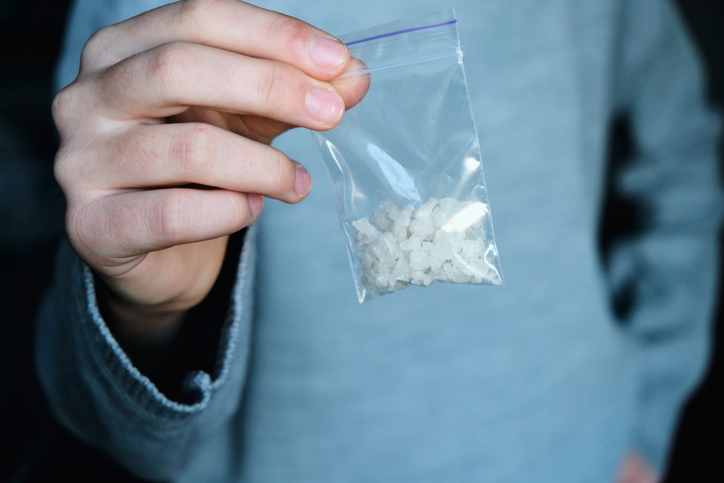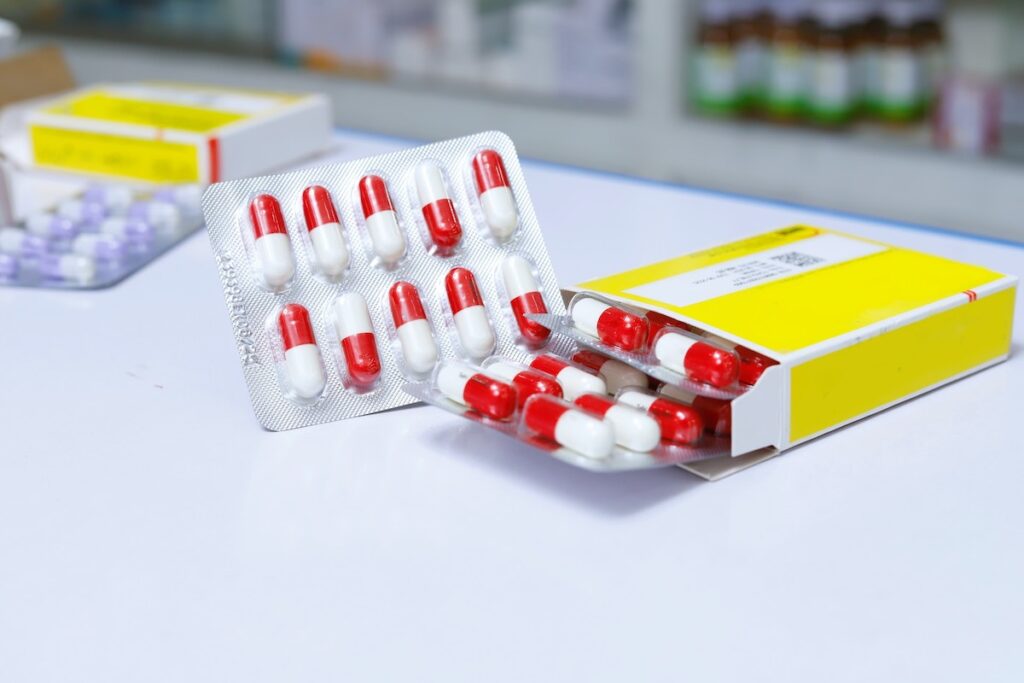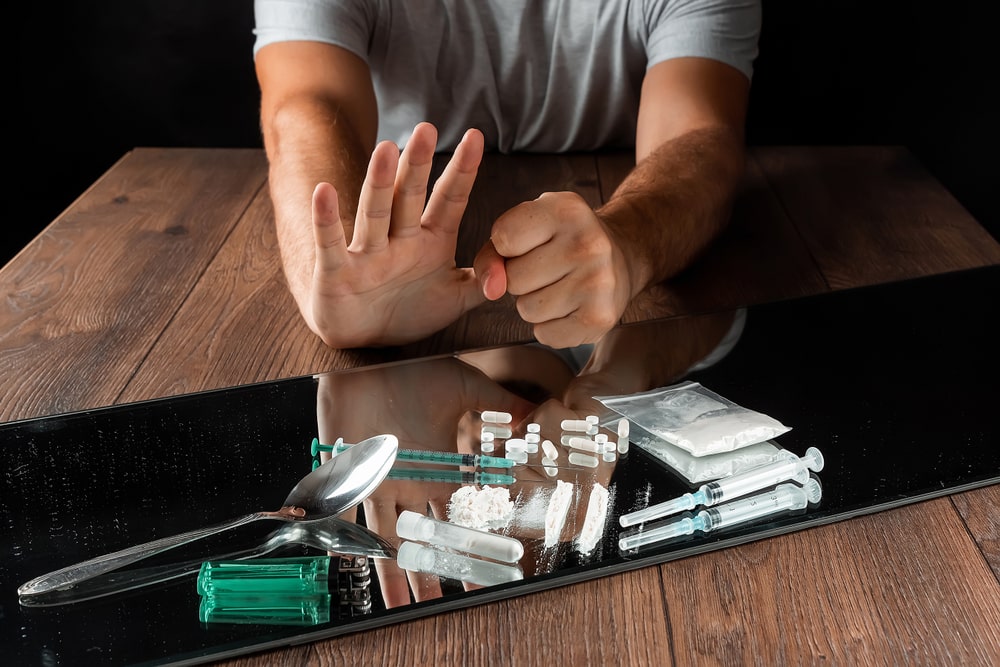Heroin, a powerful and highly addictive opioid, has left a devastating mark on countless lives, not just in Connecticut, but across the globe. For many, the journey with heroin starts with a single experiment, a moment of curiosity, or even a prescribed medication that spirals into dependency. But for every story of despair, there’s another of hope, resilience, and recovery.
If you or a loved one is grappling with heroin addiction, you’re not alone. Connecticut, like many states, has been deeply affected by the opioid epidemic. But there’s a beacon of hope: Recovery Services of Connecticut. Dedicated to providing comprehensive care, support, and guidance, this institution stands as a testament to the belief that recovery is possible, and that every individual deserves a chance at a brighter, drug-free future.
In this article, we’ll delve deep into understanding heroin addiction, its impact on individuals and families, and most importantly, the path to recovery. Whether you’re seeking help for yourself or trying to support a loved one, this guide aims to provide clarity, hope, and actionable steps towards a healthier tomorrow.
What is Heroin?
Heroin is derived from morphine, a natural substance extracted from the seed pods of certain varieties of poppy plants. It’s often seen as a white or brownish powder or as a black sticky substance known as “black tar heroin.” While some opioids are used medically for pain relief, heroin has no legitimate medical use in the U.S.
How Does Heroin Affect the Brain?
When ingested, heroin enters the brain rapidly and binds to opioid receptors, especially those involved in feelings of pain and pleasure, as well as controlling heart rate, sleeping, and breathing. The initial “rush” or euphoria is often what draws individuals to the drug. However, with repeated use, the brain starts relying on heroin to release certain chemicals, leading to dependency.
Signs of Heroin Addiction
Recognizing the signs of heroin addiction can be the first step towards seeking help. Some common signs include:
- Physical Changes: Constricted pupils, sudden weight loss, and visible needle marks.
- Behavioral Changes: Shifts in behavior, neglecting responsibilities, and increased secrecy.
- Psychological Changes: Mood swings, depression, and a decreased sense of pain.
The Impact on Families
Heroin addiction doesn’t just affect the individual; it sends ripples through their entire family. Loved ones often grapple with feelings of guilt, anger, and helplessness. Financial strain, trust issues, and constant worry become everyday challenges. It’s essential to remember that addiction is a disease, and like any disease, it requires understanding, patience, and professional treatment.
The Path to Recovery
Recovery is a journey, and every journey begins with a single step. At Recovery Services of Connecticut, the belief is that with the right support, tools, and determination, anyone can overcome the chains of heroin addiction.
Treatment Options
- Detoxification: The first step often involves detoxing from the drug, a process where the body rids itself of heroin. This can be challenging and may require medical supervision.
- Behavioral Counseling: Therapy and counseling can help address the root causes of addiction and equip individuals with coping strategies.
- Medication: Certain medications can help reduce cravings and restore balance to the brain.
- Support Groups: Connecting with others who’ve faced similar challenges can offer invaluable support and understanding.
The Role of Family in Recovery
Family plays a pivotal role in the recovery process. Their support, understanding, and encouragement can make all the difference. It’s also crucial for family members to seek support for themselves, whether through counseling or support groups, as they navigate the challenges of a loved one’s addiction.
Why Professional Help Matters
The Complexity of Addiction
Heroin addiction is not just a physical dependency; it’s a complex interplay of psychological, social, and physiological factors. Overcoming it isn’t as simple as just “quitting.” The body and mind become accustomed to the presence of the drug, and removing it can lead to severe withdrawal symptoms.
The Risk of Overdose
One of the most pressing dangers of heroin addiction is the risk of overdose. Heroin’s potency can vary, and it’s often mixed with other substances, making the risk of a fatal overdose a constant threat. Professional treatment centers can provide medical supervision and immediate interventions, reducing this risk.
The Power of a Structured Environment
Rehabilitation centers, like Recovery Services of Connecticut, offer a structured environment free from the triggers and stresses of daily life. This structure can be instrumental in breaking the cycle of addiction.
Recovery Services of Connecticut: A Beacon of Hope
Personalized Treatment Plans
Every individual’s journey with addiction is unique, and so should be their path to recovery. At Recovery Services of Connecticut, treatment plans are tailored to the individual’s needs, ensuring the best chance of long-term success.
Experienced Professionals
The team comprises experienced and compassionate professionals who understand the intricacies of heroin addiction. From medical doctors to therapists and counselors, every staff member is dedicated to helping individuals reclaim their lives.
Family Involvement
Recognizing the vital role families play in recovery, Recovery Services of Connecticut offers family counseling and support sessions. These sessions aim to heal the rifts caused by addiction and equip families with the tools to support their loved ones.
Aftercare and Continued Support
Recovery doesn’t end when the treatment program does. The journey is ongoing, and continued support is crucial. Recovery Services of Connecticut offers aftercare programs and alumni groups, ensuring that individuals have the support they need as they reintegrate into society.
In Conclusion
Heroin addiction is a formidable adversary, one that has left scars on individuals, families, and communities alike. But as daunting as this challenge may seem, it’s essential to remember that recovery is not only possible but achievable for anyone willing to take that first step.
Recovery Services of Connecticut stands as a testament to this belief. With their comprehensive approach, experienced professionals, and unwavering commitment, they offer a beacon of hope to those in the throes of addiction. But they’re not alone in this fight. Every family member who offers support, every community initiative that raises awareness, and every individual who shares their story of recovery adds to the collective strength against heroin addiction.
To those reading this, whether you’re struggling with addiction or know someone who is, remember: you’re not alone. There’s a community ready to support you, resources available to guide you, and a brighter future waiting for you. The journey of recovery may be long and challenging, but with determination, support, and the right resources, a drug-free life is within reach.
